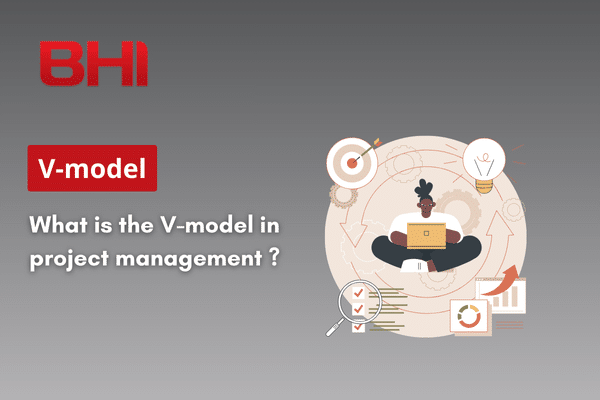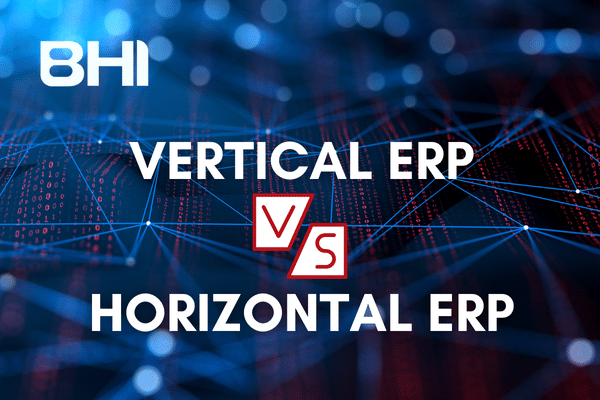Finance digitalization has become essential to remain competitive. But how do you approach it concretely? The key to success lies in effective collaboration between the Chief Financial Officer (CFO) and the Chief Information Officer (CIO). Discover how these two executives can work together to modernize your financial processes with the right tools.
Why Digitalize Your Finance Function Now ?
The Numbers Speak for Themselves
The majority of financial directors consider the modernization of financial tools as a strategic priority. This trend is notably explained by the progressive obligation to adopt electronic invoicing, which will become effective from September 1, 2026, for all companies subject to VAT in France. This reform aims to modernize exchanges, simplify processes, and strengthen the fight against VAT fraud. Anticipating this deadline is a lever to improve the operational performance of the finance function.
The volumes of data to manage are continuously increasing, and the expectations of customers and partners are oriented towards more speed and precision in exchanges. Companies that delay digitalization risk accumulating human errors, lengthening their reporting deadlines, and losing visibility on their cash flow, not to mention the cost related to repetitive tasks that could be automated.
Concrete and Measurable Benefits
Digital transformation brings tangible results :
- Time savings : closing time reduction can reach up to 60% in some cases of successful automation.
- Reliability : automation of entries and controls drastically reduces the risk of human errors.
- Visibility : real-time dashboards facilitate more agile and relevant management.
- Savings : dematerialization and centralization of processes save up to 40% of costs related to manual processing. These figures should, however, be considered as orders of magnitude from feedback, varying according to sectors and digital maturity.
The CFO’s Key Role in Transformation
Defining Business Needs
The CFO perfectly knows the company’s financial processes. They know where the bottlenecks are: paper invoices that drag on, tedious bank reconciliations, time-consuming manual reporting. Their role is to identify priorities and define concrete project objectives.
For example, if the company wastes time on expense report validation, the CFO can propose starting by digitalizing this process. Simple, effective, and with a quick return on investment.
Supporting Teams
Accountants and management controllers see their profession evolve. Less data entry, more analysis. The CFO must reassure and train them. They explain that digitalization doesn’t eliminate jobs but enhances them. Employees spend less time on Excel and more on analyzing figures to advise operational teams.
Ensuring Compliance
With new regulations (GDPR, electronic invoicing, ESG reporting), the CFO ensures that new tools comply with all legal obligations. They also ensure that audit trails are in place to trace all operations.
The CIO’s Essential Role
Choosing the Right Solutions
The CIO evaluates different market solutions. ERPs, consolidation software, reporting tools… They compare features, ease of use, costs. Their technical expertise helps avoid costly bad choices.
They also ensure that new tools integrate well with existing ones. No question of having systems that don’t communicate with each other!
Securing Data
Financial data is sensitive. The CIO implements necessary protections: secure access, regular backups, business continuity plan. They also train users in security best practices.
Managing the Technical Project
Data migration, configuration, testing, user training… The CIO coordinates all technical aspects of the project. They ensure everything works correctly before going into production.
CFO and CIO: How to Work Together Effectively?
Communicate from the Start
The first mistake is launching a project without aligning CFO and CIO. Result: technically perfect solutions but unsuitable for business needs. Or the opposite: technically unrealistic demands.
The solution? Regular meetings from the start. The CFO explains what they need. The CIO says what’s possible. Together, they find the best compromise.
Share Project Governance
The most successful projects have shared CFO-CIO management. They define together:
- Objectives and success indicators
- Planning and key milestones
- Budget and necessary resources
- Communication strategy
Form a Mixed Team
The project team must mix financial and IT profiles. Key users on the finance side work with technical experts. This mix ensures the final solution truly meets needs.
Solutions to Transform Your Finance
ERPs: The System’s Core
An ERP (integrated management software) centralizes all company data. No more juggling between multiple systems!
- Oracle JD Edwards suits medium-sized companies that want to start progressively. You can start with accounting then add purchasing, sales…
- SAP S/4HANA offers real-time analytics thanks to its advanced technology. Ideal for large companies that want to maximize their data exploitation.
- Oracle e-Business Suite covers all financial needs: accounting, treasury, management control. Everything is natively integrated.
Performance Management Tools (EPM)
To go beyond simple accounting, EPM solutions enable performance management.
- OneStream combines budgeting, reporting, and consolidation in a single tool. These solutions avoid the multiplication of Excel files transmitted by email, in favor of centralized, reliable, and traceable management.
- CCH Tagetik facilitates the production of regulatory reporting, including IFRS standards or ESG reporting under the CSRD directive, which applies progressively to large European companies starting from 2024.
Key Steps to Success
1. Diagnosis and Priorities
Start by analyzing your current processes. Where do you waste time? What are the error risks? Define 3 to 5 priorities maximum to avoid spreading yourself too thin.
2. Solution and Partner Choice
Take time to choose well. Organize demonstrations. Check references. A good integrator knows your sector and can advise you on best practices.
3. Progressive Deployment
Don’t try to do everything at once. Start with a limited scope (a subsidiary, a process). Once it works, gradually expand.
4. Training and Support
Plan time and budget to train users. A poorly used tool is useless. Set up support to answer questions.
5. Continuous Improvement
Transformation is never finished. Listen to user feedback. Adjust parameters. Take advantage of new features.
Pitfalls to Avoid
Underestimating Resistance to Change
“We’ve always done it this way” is the enemy of transformation. Anticipate reluctance. Show concrete benefits. Value early adopters.
Neglecting Data Quality
A new tool with poor data is useless. Plan time to properly clean and migrate your data.
Forgetting Maintenance
An ERP needs maintenance. Plan a budget for updates, evolutions, support. Otherwise, your beautiful tool will quickly become obsolete.
The Future of Digital Finance
Artificial Intelligence is Coming
Tools increasingly integrate AI to automate tasks and predict trends. Imagine a system that automatically detects anomalies in your accounts or predicts your cash flow 3 months ahead.
Real-Time Becomes the Norm
No more monthly reporting. Executives want up-to-date figures permanently. New tools enable this reactivity.
Professions Evolve
The accountant becomes an analyst. The management controller becomes a business partner. The treasurer becomes a strategist. This evolution enhances finance professions.
Conclusion
Digital transformation of finance is no longer an option. It’s a necessity to remain competitive. The good news? With effective collaboration between CFO and CIO and the right tools, success is within reach.
Don’t wait for your competitors to take the lead. Start small but start now. Your teams will thank you for giving them modern tools. Your executives will appreciate real-time visibility. And you will save time to focus on strategy rather than repetitive tasks.
Ready to modernize your finance function ?
Contact our experts at +33 (0)1 83 62 12 23 or via our contact form to discuss your challenges and discover how we can help you succeed in your project.

















